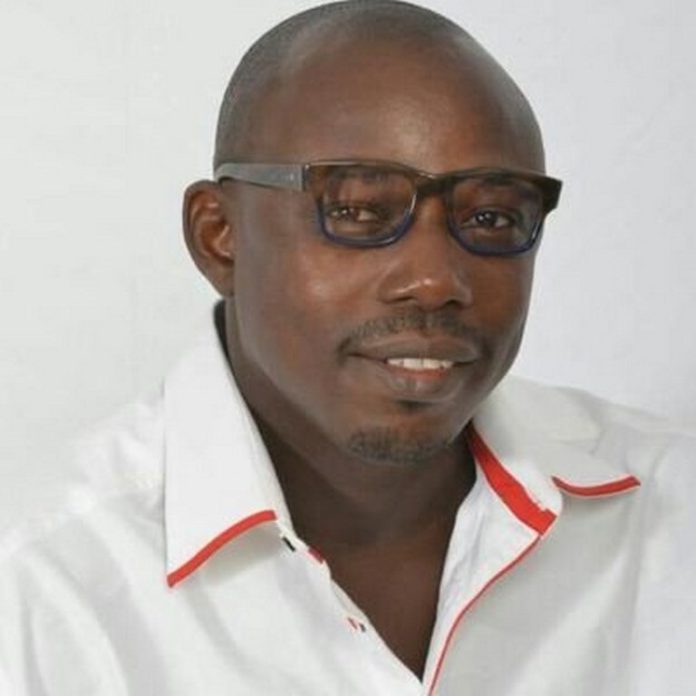The Fourth Republic has chalked considerable gains and thanks to the dynamism of its democracy, Ghana prides herself with political and socio-economic progressions unprecedented in our history, and a rare socio-cultural repute among the community of nations.
Many factors account for the political augmented status, one being the ever readiness of political parties to accommodate human capital from the other side of the political aisle.
Before the inception of the fourth Republic, Justice Daniel Francis Kweipe Annan, was appointed a member of the ruling Provisional National Defence Council (PNDC) in 1984.
He became the deputy to H.E J.J Rawlings although he was not from the same political milieu as Rawlings. He had exceptional leadership qualities that were imperative for national development.
READ ALSO:
This gesture minimized the common mantra of the winner takes all; a typical tendency of multiparty democracy; rampant especially in fledgling democracies.
The subsequent governments after Rawlings continued with the culture and even recently, the government of His Excellency Nana Akufo Addo, had Martin Alamisi Burnes Kaiser Amidu, an NDC member as the Special Prosecutor in his government.
Although records will have it that, he resigned towards the end of the first term of Nana Akufo Addo’s reign, it cannot be erased in the annals of history that, the multiparty democratic tendency of grapping and conserving all executive power by one party wasn’t considered as an option even with the NPP of Nana Akufo-Addo.
Nonetheless, the suspicions, complaints and emerging polarisation of party politics and inclusiveness and alleged voting irregularities and ambiguity that have characterized the political atmosphere almost after every elections provoked even more probabilities thus, laying basis for broad consultative governance and meritocracy.
Some of these probabilities I have attempted to analyse in this article.
To begin with, the control of Ghana hangs in the balance, with one race still undecided days after the general election.
With Nana Akufo-Addo now the gazetted winner of the presidency, the NDC have some help in their hopes for a majority in the legislature.
The chamber appears to be deadlocked 137-137 with one independent candidate making it a bit unstable equilibrium, and with the NDC appearing to flip 33 seats and the NPP 15 so far.
That leaves the question of majority control — and if Akufo-Addo will be buoyed by an NDC-controlled parliament.
Which is why there’s the need for parliament to revolutionized its leadership. For starters, I expect a paradigm shift and strategic approach with regards to the appointment of the speaker of the House.
As a matter of fact, the likes of Justice Jones Dotse, Nutifafa Kuenyehia and Doe Adzoho are well qualified for such position in times like this.
They must be considered for the position in order to give true meaning to the Independence of the legislature, deepening our multiparty democracy for true socio-political economic development.
Apart from the former speaker who have served in that capacity, the two legal luminaries are very tenacious.
They are the epitome of the tried and tested statesmen, with deeper understanding of our sociopolitical and legislative evolutions since independence.
They are righteous to boot and can make the case that needs to be made. Indeed they have a well-honed international outlook on life, unlike the usual partisan falcons who cannot see beyond their tribes.
In my humble opinion, Hon. Alban Gagbin and Dr Benjamin Kumbour could be suitable for strategic positions in furtherance of inclusive politics.
I keep wondering why brains like these can’t serve in governments across the two devides for the betterment of our society. They are have huge institutional memories, unquestionably integrity and expertise.
Then again, the NPP in parliament ought to modernise in order to deepen parliamentary business especially at a time when most of their experience hands couldn’t make it to the 8th parliament.
The party needs to inspire a new generation to new heights of social responsibility with their exemplary biography.
No one can deny the fact that the decades of bad role models in political leadership have had a markedly negative impact on the psyche, discourse and behaviour of Ghanaian youth. So much so that most young people have lost respect for themselves, their elders, and authority in general.
Hon. Alexander Kwamina, Afenyo-Markin, Annor Dompreh, Patrick Boamah and Andrew Mercer can sanitize public discourse with their civilized and polished oratory, energy, and gravitas in the case of Afenyo.
They ought to be given leadership positions on the majority bench, whereas the likes of Hon. Cassiel Ato Forson, Agbodza and Emmanuel Bedzra deserve minority leadership roles.
If both the NPP and the NDC is to survive politically, the likes of Osei Kyei Mensah Bonsu and Haruna Iddrisu must give way to a new leadership to emerge in parliament.
If Ghana is to modernize culturally, economically, politically, and behaviourally, the most enlightened of her children must lead the way.
I must also state herein that, President Akufo-Addo ought to deliver a major appreciation to the people of Volta region for their magnanimity in this year’s elections.
Against my better judgment, the president exceeded my expectation of him in the Volta region and I think he needs to pay particular attention to “Voltarians” in terms of key decision making.
To conclude, the people of the Volta region have demonstrated that, instead of the ethnocentric drums some few politicians were playing, they had chosen to show more love, respect and true commitment to President Nana Akufo-Addo’s leadership.
It marks a noticeable departure from old thoughts into the orbit of new thinking, and this new way of thinking cannot be unnoticed by President Akufo-Addo.
Thus, there is the need for an inclusive governance for national cohesion.
May God bless our homeland Ghana.

